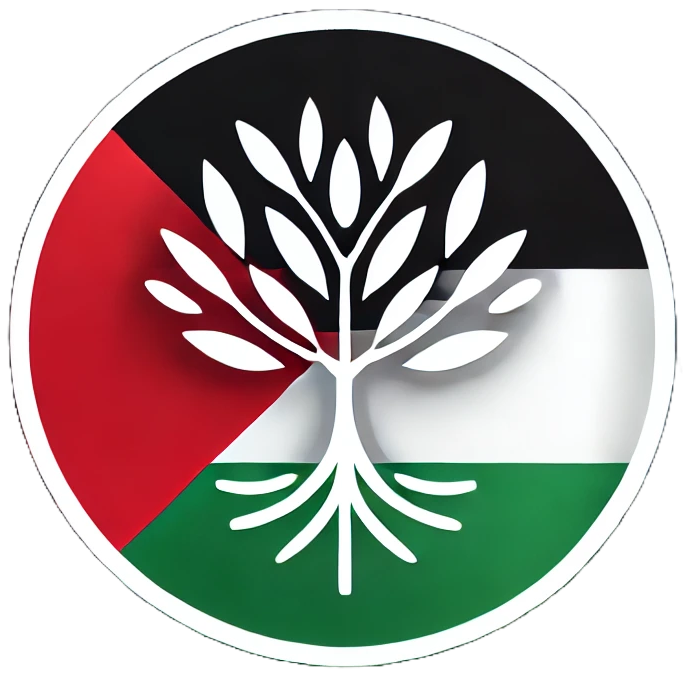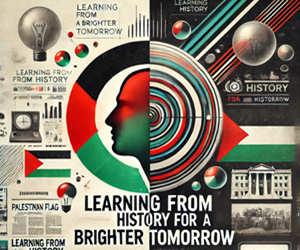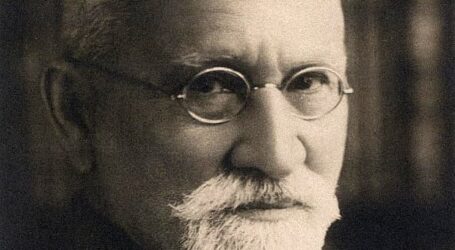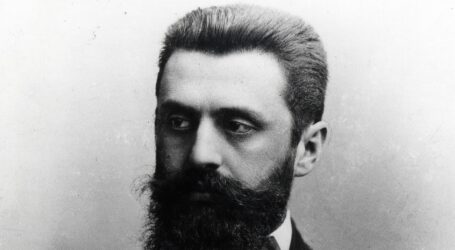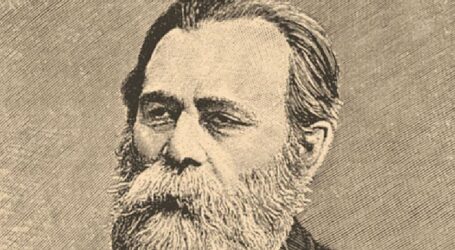Jacob Neusner: Biography
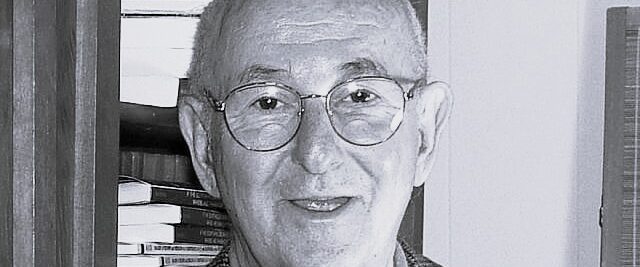
Born: July 28, 1932, Hartford;
Died: October 8, 2016, Rhinebeck
Jacob Neusner was an American academic. He was born on July 28, 1932 in Hartford, Connecticut to a Reform Jewish family. His father worked as a publisher of a weekly Jewish newspaper. Neusner did not grow up in a particularly religious family, and did not have a traditional Jewish education. He graduated from William H. Hall High School, a public high school in Connecticut before matriculating at Harvard University. It was here that the young Neusner began to encounter and interact with religious Jewish texts. After graduating from Harvard University in 1953, he would go on to study at Oxford, the Jewish Theological Seminary, the Hebrew University in Jerusalem, and Columbia University.
After graduating from Columbia, he went on to teach at various universities including Dartmouth, Brown, the University of South Florida, and Bard College. His scholarship focused on Rabbinic Judaism, where he was a prolific scholar publishing a large amount of works when compared to his contemporaries. He argued controversially, that multiple Judaisms existed in the post-Second Temple period. Neusner regarded Jews not as unique but “simply as one religious and ethnic group among many. Although he called himself a Zionist, in an address at the Massachusetts Institute of Technology in 1952, he said, ‘Israel’s flag is not mine. My homeland is America.’”1
In his work “Judaism and the Zionist Problem,” Jacob Neusner writes that “Zionism has had a uniformly beneficial effect upon Jewry. It achieves the reconstruction of Jewish identity by its reaffirmation of the nationhood of Israel in the face of the disintegration of the religious foundations of Jewish peoplehood. Zionism indeed supplies a satisfactory explanation for the continued life of the Jewish group. It reintegrates the realities of Jewish group life with an emotional, intellectual, and mythic explanation for those realities.”2 Neusner goes on to argue that Zionism, in a way, serves as a religion itself, because it “does what a religion must do: it supplies the meaning of felt-history; it explains reality; makes sense of chaos, and supplies a worthwhile dream for people who find in Jewishness nothing more than neurotic nightmares.”3
He goes on to write that Zionism, “works a miracle by making it possible for the Jewish group to renew its life. It redeems the broken lives of the remnants of the Holocaust. But it also breathes new life into the survivors of a different sort of holocaust, the erosion of Jewish self-respect, dignity, and loyalty throughout the Western Diaspora. Jews who want more than anything else to become Americans are enabled to reaffirm their Jewishness. Throughout the world, Jews who had lost a religious, Judaic way of viewing reality regain a Jewish understanding of themselves.”4
Jacob Neusner says that despite all the positives of Zionism, despite all the problems that it solves, it creates new problems that the Jewish people must grapple with. He poses the question that “how can American Jews focus their spiritual lives solely on a land in which they do not live? It is one thing for that land to be in heaven, at the end of time, or across Sambatyon for that matter. It is quite another to dream of a far-away place where everything is good – but where one may go if he wants.”5 He goes on to say, “since the primary mitzvot [Jewish commandment] of U.S. Judaism concern supplying funds, encouragement, and support for Israel, one wonders whether one must be a Jew at all in order to believe and practice that form of Judaism… to be sure, for some Israelis and American Jews to be a Jew is to be a citizen of the State of Israel – but that definition hardly serves when Israeli Moslems and Christians are taken into account.”6
He goes on to criticize scholar Abd al-Tafahum, saying that he is wrong “in supposing that the Jews’ ‘disenlandisement’ was the precondition for the recognition of what was of universal importance about themselves. On the contrary, it was the land itself that the awareness of ethnic differentiation proved the least vivid. Outside of it the group looked inward, and rightly so, for it became most acutely sensitive to its differences from others. In this respect the gentile students of Judaism do not understand what it is to be a Jew. The diaspora Jew addresses himself to the nations and in their own language, but in doing so he speaks as a Jew. It is the ‘enlandised’ Jew who sees himself as no different from everyone within his range of vision, therefore as man among men, rather than Jew among gentiles.”7 Neusner goes on to say that “in the Jewish state Jews lose their sense of peculiarity. They re-enter the human situation common to everyone but Jews. In the State of Israel everyone is Jewish, therefore no one is the Jew.”8 He goes on to say that al-Tafahum’s argument is reversed, “the Diaspora brings its acute consciousness of being different from other men, therefore turns to the State to discover the ways in which it is like the others… one cannot divide the Jewish people into two parts, the ‘enlandised’ and the ‘diselandised’… the Diaspora Jew and the Israeli represent a single tradition, a single memory. That memory is of having had a land and lost it – and having never repudiated either the memory of the land or the experience of living elsewhere.”9 Neusner argues that these factors are what make the Jewish experience unique.
Neusner goes on to say that he sees no need “either to repudiate Zionism or to give up the other elements that have made being Jewish a magnificent mode of humanity… Zionism is a part of Judaism. It cannot be made the whole, because Jews are more than people who need either a place to live or a place on which to focus fantasies.”10
Jacob Neusner died in Rhinebeck on October 8, 2016.
- Grimes, William. “Jacob Neusner, Judaic Scholar Who Forged Interfaith Bonds, Dies at 84.” The New York Times, The New York Times, 11 Oct. 2016, www.nytimes.com/2016/10/11/us/jacob-neusner-judaic-scholar-who-forged-interfaith-bonds-dies-at-84.html. ↩︎
- Neusner, Jacob. “Judaism and the Zionist Problem.” Judaism 19, no. 3 (Summer, 1970): 311.
↩︎ - Ibid. ↩︎
- Ibid. ↩︎
- Ibid. ↩︎
- Ibid. ↩︎
- Ibid. ↩︎
- Ibid. ↩︎
- Ibid. ↩︎
- Ibid. ↩︎
